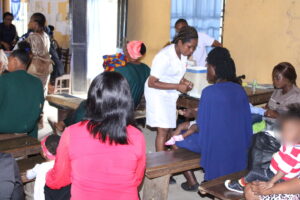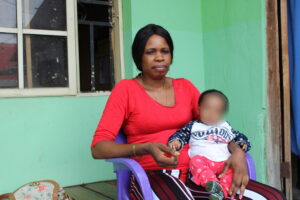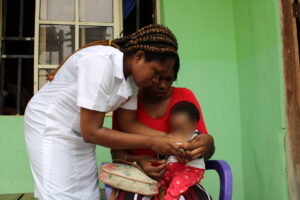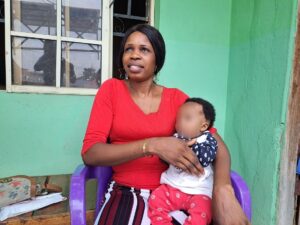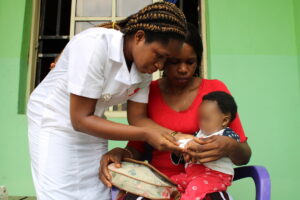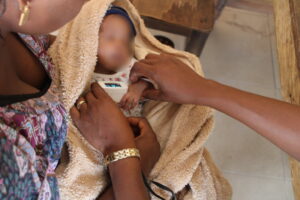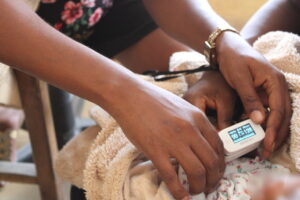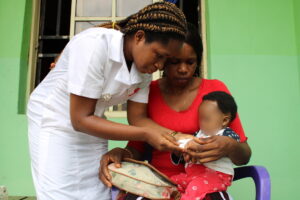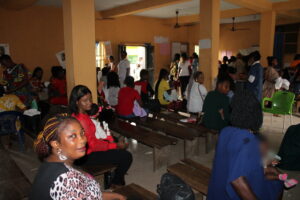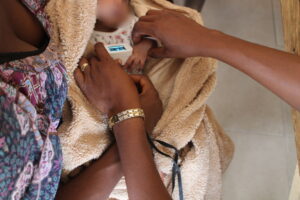

Equitable Health Access Initiative is a Pfizer Global Health Innovation Grant program grantee and is part of a cohort of 20 innovative organizations working in the healthcare sector across the globe.
Target Population
The target population on this project were under-5 children, their care givers, the healthcare workers at selected high-burden PHCs in all 17 Local Government Areas (LGAs) of the State.
Project Goal and Objectives
EHAI focused on optimizing protection, prevention, diagnosis and treatment of pneumonia through integration into the state health immunization program and community-based activities aimed at increasing knowledge and awareness of management of pneumonia for under-fives. The following objectives were achieved on the project:
Picture stories on this Project
